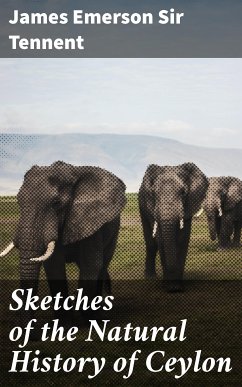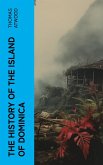In "Sketches of the Natural History of Ceylon," James Emerson Sir Tennent embarks on an illuminating exploration of the island'Äôs rich biodiversity, interweaving meticulous observations with a vivid narrative style that reflects the Romantic era's fascination with nature. Tennent's work is a pioneering amalgamation of natural history and travel literature, presenting detailed classifications of flora and fauna alongside cultural reflections. By paying homage to Ceylon'Äôs ecological tapestry, Tennent actively contributes to the broader scientific discourse of the 19th century, where natural history was increasingly seen as integral to understanding both science and the environment. James Emerson Sir Tennent was a Scottish physician and naturalist whose tenure in Ceylon as a colonial administrator profoundly influenced his scientific pursuits. His dedication to studying the island's ecology stems from both professional curiosity and a genuine appreciation for its stunning landscapes. Tennent's background in medicine gave him a unique perspective to explore the interconnections between health, environment, and society, allowing for a nuanced portrayal that resonates well beyond his time. I highly recommend "Sketches of the Natural History of Ceylon" to anyone interested in natural history, ecology, or colonial narratives. Tennent's engaging prose and diligent observations serve both as an educational resource and a captivating read, urging contemporary audiences to reflect on the intricate relationship between humans and their natural environments.
Dieser Download kann aus rechtlichen Gründen nur mit Rechnungsadresse in A, B, BG, CY, CZ, D, DK, EW, E, FIN, F, GR, H, IRL, I, LT, L, LR, M, NL, PL, P, R, S, SLO, SK ausgeliefert werden.









